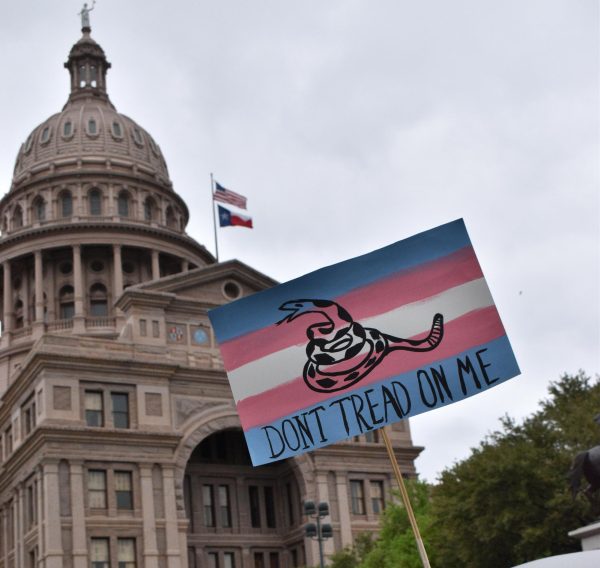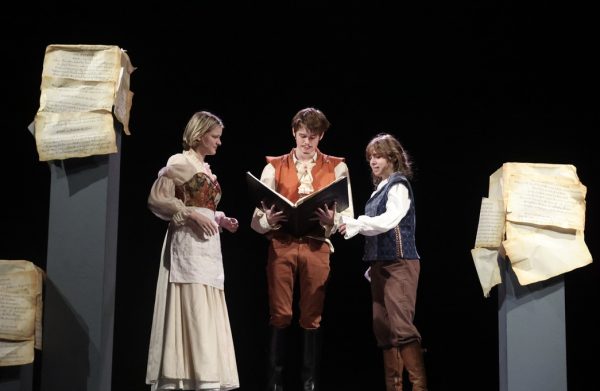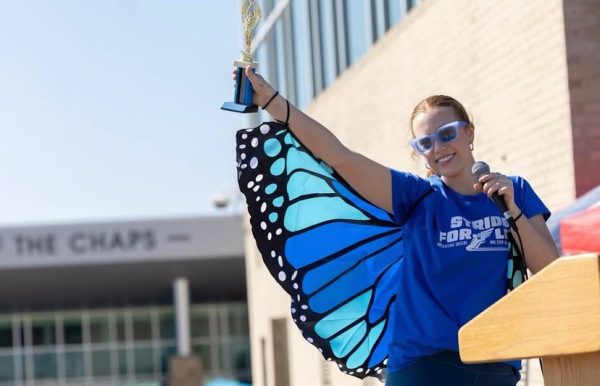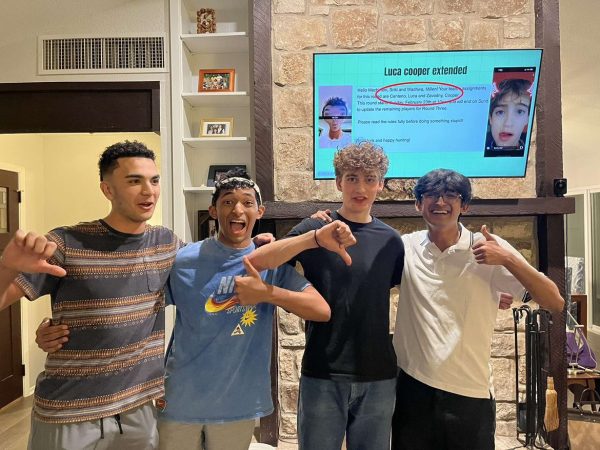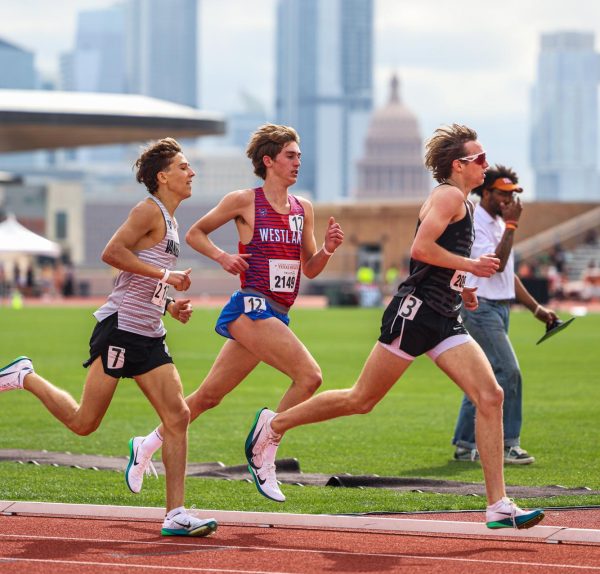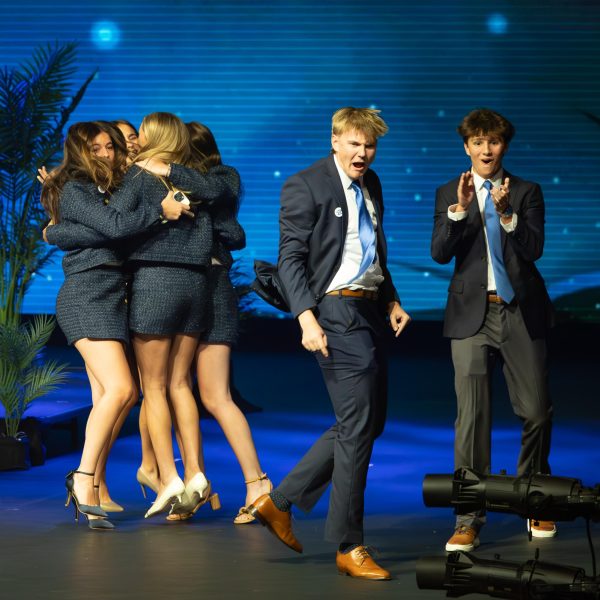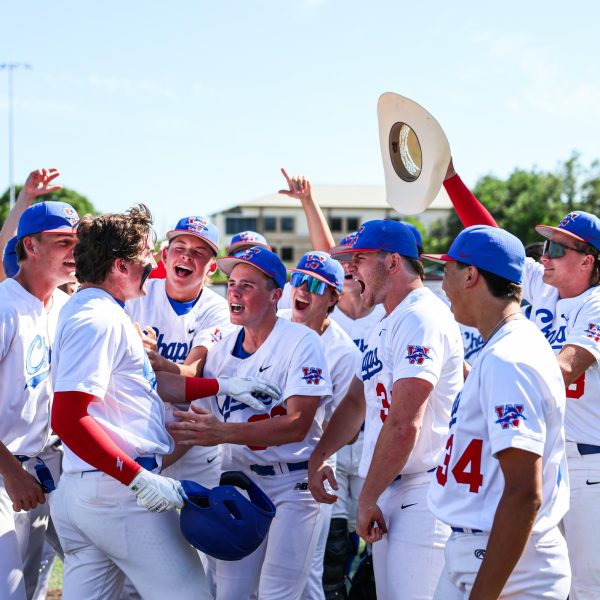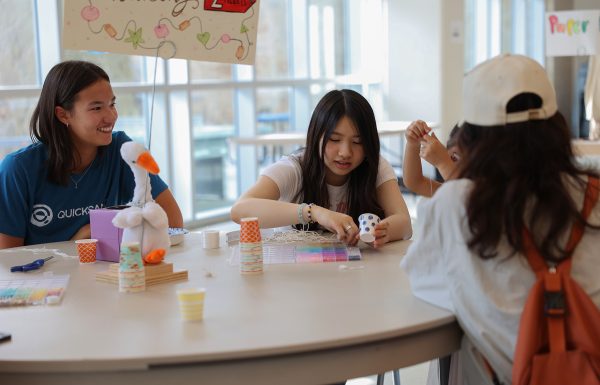Tinker Tour informs students around United States of rights granted to them by First Amendment in school environments
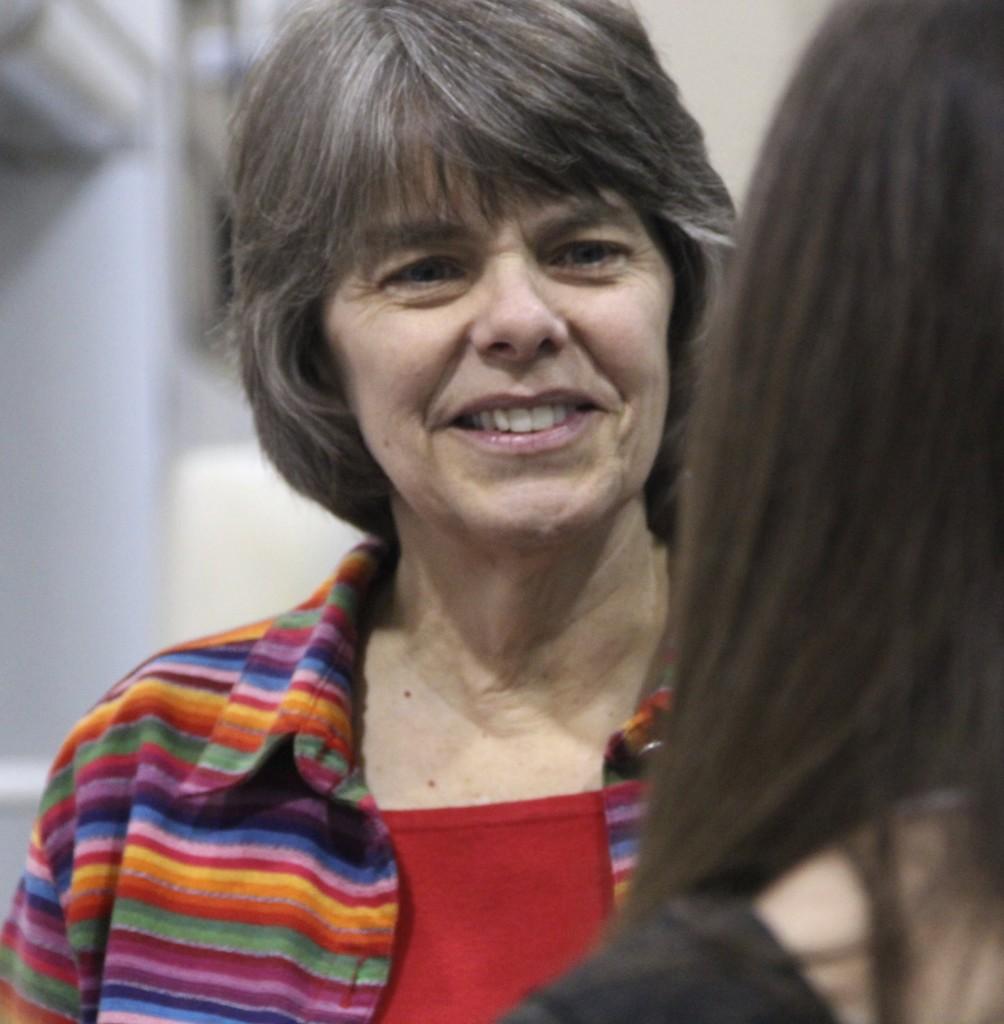
Mary Beth Tinker answers questions from student journalists about the work she has done to support the right of free speech in schools.
In 1965, Mary Beth Tinker, along with her brother and some friends, walked into their high school wearing black armbands, mourning those who died in the Vietnam War and supporting the Christmas truce proposed by Robert F. Kennedy. Later that day, they were suspended for doing so, and forty-four years later, the Supreme Court case that followed is still brought up in schools across America.
“She’s the reason that you have the right, as a student, to stand up,” Student Press Law Center attorney Mike Hiestand said, “no matter what your principal or superintendent says, [you have the right to] say what you feel needs to be said.”
Compared to the stricter rules of 1965, students have many more opportunities to speak about what they feel is important. However, in some schools, these opportunities are cut off by administrators.
“We live in a world where we have these incredible speech tools that are available,” Hiestand said, “but I think school officials, many of whom are older, they don’t know what it’s about; they don’t understand it; they don’t get it and they’re scared of it. And the response to that in many places is simply to bury it. ‘You can’t use it. And if you do use it, we’ll punish you or we’ll punish your teacher.’ That has to change. We are doing everybody a disservice.”
Hiestand said that sometimes, instead of the administration stopping them, the students are stopping themselves by not taking advantage of what is right in front of them.
“We were at this conference where there was this woman who does social media,” Hiestand said. “During her talk, she was asking the kids, ‘When you guys are finished with an article for the paper, do you tweet it out?’ Something as simple as that. And in this room of 600 kids, six of them actually raised their hands. For them, they simply were not allowed to use social media in school. A lot of them were actually restricted to do research on the computer. We need to catch up. We need to do better than that.”
Tinker and Hiestand are now traveling across the country in an RV informing students of their right to free speech, even in a school environment. This program is called the Tinker Tour, and Tinker and Hiestand stopped at the JEA/NSPA convention in Boston Nov. 15 to speak to young journalists.
“We want to accomplish encouraging student voices and youth voices generally,” Tinker said, “and also collecting stories of young people all over the country who are speaking up, who are standing up.”
The base of the Tinker Tour, however, goes back to our nation’s founding and the ideals of the Bill of Rights and First Amendment, which Tinker said many students do not realize they can apply to their everyday life at school.
“In order to keep [the First Amendment] alive, we’ve got to live it, and not just memorize it for a test, but to live it in our daily lives by standing up for things that are important and to use our rights because, as I tell students, if you don’t use your rights, you can lose them,” Tinker said.”That’s what democracy is based on, the average person having the knowledge, having input, having a say in their lives, and that’s one thing I think doesn’t always happens with students in their schools. You should have a say in the decisions that affect your lives.”

